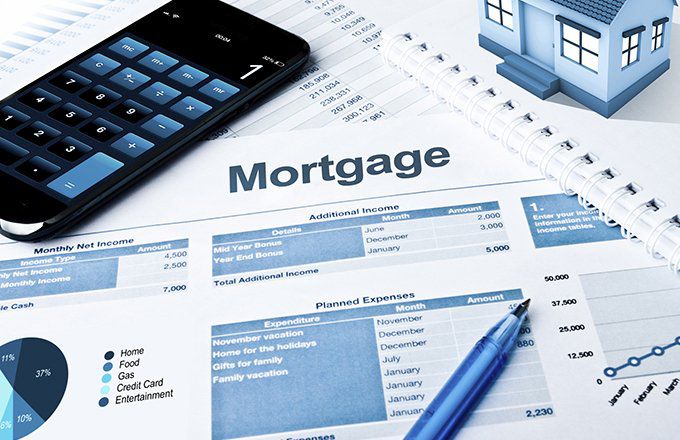
What Does it Mean to Buy Down Your Mortgage Rate?
When you buy down your mortgage rate, you have the chance to access reduced interest on your loan.
If you’re purchasing a home soon, you might be interested in learning about what it means to buy down your mortgage rate.
At a time when everyone has their eyes on rising interest rates, this process could help buyers secure a comfortable interest rate even if their credit and borrowing credentials do not merit that rate.
Let’s take a look at what it means to “buy down your mortgage rate,” as well as the pros and cons of doing so.
Buy Down Your Mortgage Rate Explained
Just as it sounds, it’s possible to pay money in exchange for a lowered interest rate. Here’s how it works:
Often called a mortgage buydown, this process requires that a home buyer pays a mortgage lender in exchange for a lower interest rate. This agreement is set up during the loan underwriting process and enacted during a set timeline, typically in the first few years of the repayment period after closing on the home.
In other instances, the buyer can purchase mortgage discount points using their own funds at the closing meeting. These “discount points” are considered an upfront repayment of the interest that would incur on the loan based on the original contract.
By making this upfront deposit with the mortgage lender, buyers are able to reduce the interest that is charged on their month-to-month mortgage bill. Essentially, the mortgage lender uses the funds paid by the borrower and applies it to their monthly interest rate. This results in a “discount” for the homebuyer.
How Does This Benefit Buyers?
Ultimately, the buyer still ends up paying the total interest owed on their loan. This ensures that the mortgage lender does not incur a loss through this process. However, the benefit of a mortgage buydown is that your long-term payment plan is benefited by the upfront payment. Since you already paid a portion of the interest in a lump-sum upfront deposit, the monthly interest is reduced.
A helpful analogy to better understand a mortgage buy down is as follows:
To cover the costs of a recurring bill totaling $10,000, you put away $3,000 in savings. Each time you need to pay off an installment of the total cost, you take out a portion of your $3,000 savings to reduce the amount you owe upfront for each bill.
This is similar to how your loan officer leverages your mortgage buy down. They have already collected the lump sum, which is saved and then incrementally applied to your mortgage interest fees over the lifetime of the loan.
Mortgage Buydowns Without Lump Sum Payments
If you are not purchasing discount points to lower interest costs on your mortgage payments, there are two other ways to buy down your mortgage rate.
These cost-effective solutions can be helpful to buyers that are concerned about the affordability of their mortgage loans, especially at the onset of their repayment period.
These processes adjust the interest rates of your loan over time, making it that you have lower interest rates — and ultimately, monthly payments — at the beginning of the loan, and higher interest rates near the end of your mortgage repayment period.
This allows you to incrementally increase your mortgage payments and access the benefits of low interest rates without having to make upfront cash deposits.
3-2-1 Rate Buydown
In a 3-2-1 rate buydown, borrowers take out a 30-year mortgage. The interest rate increases by 1.0% annually for the first three years, after which your rate remains the same.
2-1 Rate Buydown
In a 2-1 rate buydown, borrowers take out a 30-year mortgage. The interest rate rises by 1.0% every year for the first two years of the loan's repayment period, and then stays the same throughout the lifetime of the loan.
Are the Terms for Buying Down Your Mortgage Rate Universal?
Home buyers should keep in mind that various lenders will propose different terms and conditions for a mortgage rate buy down.
If you’re interested in pursuing a mortgage rate buy down, make sure that you are considering this when you’re deciding which lender to work with. When interviewing multiple lenders, ask about how they accommodate the process of buying down a mortgage rate.
The different processes may impact your decision of which lender you’d like to work with. When speaking to lenders about a mortgage buy down, you could also ask questions about the benefits and drawbacks of the process specific to the loans you are eligible for.
For more helpful tips related to mortgage loans and purchasing a home, explore more articles on the RealEstateAgents.com Blog.






